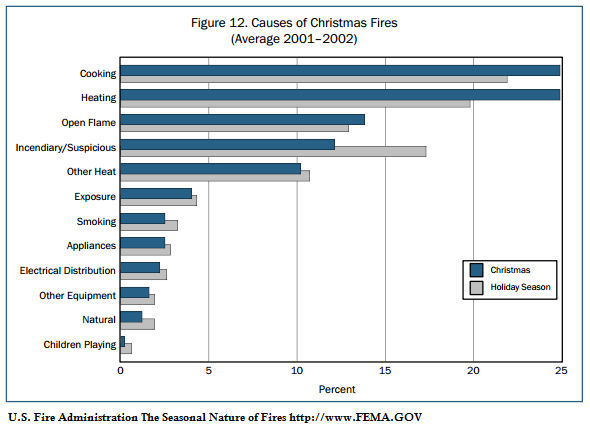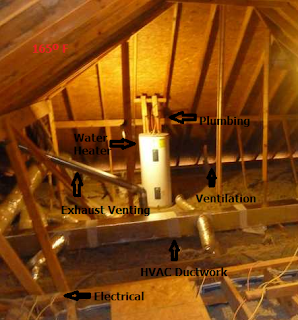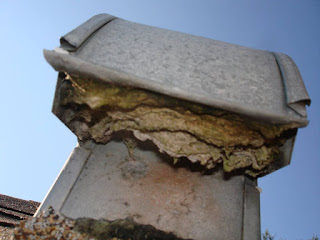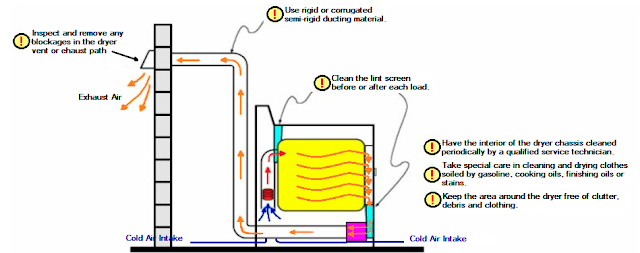It is approaching that time of year again when we will be firing
up our heaters, fire places and furnaces.
Have you had your annual maintenance checkup or your fireplace chimney inspected and cleaned? These are important things to consider, but
did you forget to check your batteries in your smoke and CO alarms. Most homes have smoke alarms (detectors);
more than 33 percent of these homes are not protected because the smoke alarms
don’t work. When a smoke alarm fails to
work, it is frequently because the batteries are missing. People often remove or
disconnect batteries to prevent nuisance activation caused by bathroom steam or
cooking vapors. Was your smoke alarm on
a recall list?
Smoke and Fire
Most fire deaths occur in the middle of the night. No smoke alarms were present or they did not operate in nearly 75% of residences where a fire fatality occurred, according to FEMA statistics. A smoke alarm is the most valuable life saving device you can have in your home. An operable smoke alarm will reduce your chances of dying in a fire, nearly in half. Smoke alarms are designed to detect and warn that silent, but deadly smoke is in the air. The early warning will wake you and your family, allowing time to escape your burning home.
At
40 percent, cooking is the leading cause of residential structure fires.
Heating causes another 14 percent. These percentages (and those that follow)
are adjusted, which proportionally spreads the unknown causes over the other 15
causes.
The
two leading causes of residential fatal fires are smoking, at 18 percent, and
other unintentional or careless actions, at 14 percent. The leading cause of
residential fires that result in injuries is cooking (26 percent), followed by
other unintentional or careless actions (11 percent) and open flame (also 11 percent).
Cooking is, by far, the leading cause of fires with property loss, at 20
percent.1
1 U.S. Fire Administration/National Fire Data
Center, Fire in the United States 2003-2007 Fifteenth Edition
Carbon Monoxide
People are at an increased risk of carbon monoxide poisoning
during the winter months. Well-insulated, airtight homes and malfunctioning
heating equipment can produce dangerously high and potentially deadly
concentrations of carbon monoxide.
Carbon monoxide is a by-product of incomplete combustion,
any fuel-burning appliance, vehicle or tool that is inadequately vented or
maintained can be a potential source of carbon monoxide gas.
Examples of fuel- burning equipment include:
- Fuel - furnaces and space heaters.
- Propane or Gas - fireplaces, (both vented and ventless), space heaters, ranges and ovens, clothes dryers, grills, smokers, and deep fryers.
- Wood burning fireplaces and stoves
- Charcoal grills and smokers
- Gasoline – automobiles, lawnmowers and power tools
Gas fireplaces are gaining in popularity based on their low
cost, convenience and relative ease of installation. Ventless or vent free gas fireplaces are not
vented to pipes or chimneys. The burned gases including carbon monoxide are put
into the circulation of the air within your home. Based upon the health risks associated with
the use of ventless gas fireplaces, their installation is illegal in many areas
of the country.
Prevent or minimize the potential for exposure to carbon
monoxide gas.
- Have your home-heating systems, fuel-burning appliances, flues and chimneys inspected, cleaned or schedule an annual home checkup by a qualified home inspector.
- Make regular visual inspections of fuel-burning appliances such as your gas dryer and hot water heater.
- Do not burn charcoal inside a home, cabin or camper.
- Do not operate gasoline-powered engines (generators, cutting saws) in confined areas such as garages or basements.
- Do not idle your car inside the garage.
- After a hurricane or storm, make sure vents for the gas dryer, furnace, stove and fireplace are clear of debris and intact.
- Never use gas ovens and ranges to heat your home!
Check your Smoke and CO alarms frequently. Smoke alarms are set off by bathroom steam or
cooking vapors. Rather than take the battery out of your alarm, do the
following:
- Quiet the alarm by pushing the “HUSH” button, if equipped.
- Open windows and turn on vent fans to clear the air.
- Consider relocating the alarm farther away from the cooking area or bathroom.
- Consider installing a photoelectric or combination photoelectric/ ionization type alarm. The photoelectric and combination type alarms are less sensitive to cooking smoke.
Causes of Christmas Fires
Cooking, heating, and open flames are the major cause of
Christmas fires, according to the US Fire Administration. This is not surprising due to holiday cooking
and the more prevalent use of home fireplaces, displays, and decorations
involving candles. The daily incidence
of candle−started fires quadruples on Christmas Day.
Opinions of a Home Inspector
Christmas is the time to spend with your family and friends,
not to worry and agonize if you will have a fire. Every Christmas the sounds of fire engine
sirens overpower my family’s holiday music.
We often worry if the sirens are
for one of our friends or neighbors. You
should have all your heating and cooking equipment inspected and serviced before
your family arrives. Fireplaces should
be inspected yearly and cleaned regularly.
Be aware of the placement of candles and decorations. Make sure you give your live Christmas tree
plenty of water and keep it away from candles and fire places. May your Christmas be worry free and full of
holiday cheer.


Frank Carr is the Owner / Inspector at First Choice Home
Inspections in Deltona, FL serving Volusia, Seminole, Orange and Lake
Counties. Formerly in the building trades, Frank’s focus is a safe home
in the Orlando Metro and Daytona Beach areas of Central Florida and building FCHI. We believe that consumers have the right to expect
the highest standards of thoroughness, fairness and effectiveness from
their home inspector and that is exactly what we provide.
First Choice Home Inspections
Residential Home Inspections in Central Florida
(386) 624-3893
Website: http://1homeinspector.com
Twitter: https://twitter.com/1stChoiceHomeIn






